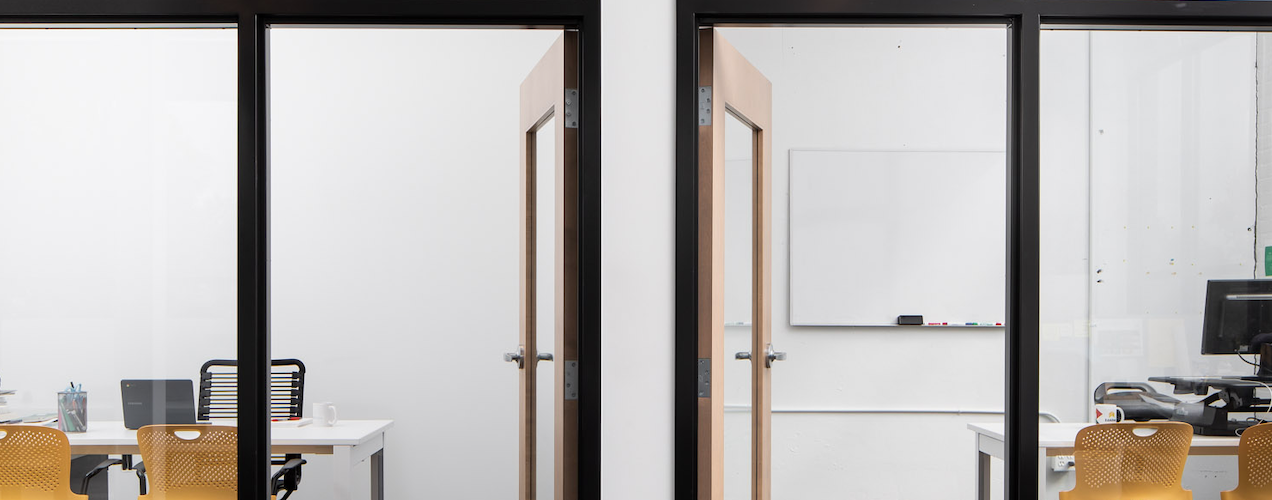MDE is Getting a New Commissioner. Who Should Gov. Walz Appoint?
By Josh Crosson
Post-election, there has been a lot of talk about the new makeup of the Legislature, and what we can expect them to prioritize. For those of us in the education space, however, it’s not just the makeup and leadership at the legislature that has our attention.
There will also be a new Minnesota Department of Education (MDE) Commissioner. The current commissioner, Dr. Heather Mueller, is not seeking reappointment. Governor Tim Walz and team are currently reviewing candidates for this position and will make a selection in the coming weeks.
The role of the MDE Commissioner is a big one. The agency has over 450 employees and oversees everything from improving educational achievement for all of Minnesota’s students to adult education and library services. And, how they make decisions, who they include, how they lead, and what they prioritize has a significant impact on big and little details of how K-12 education rolls out across the state.
What Does MN Need in an Education Commissioner?
After we learned Commissioner Mueller would be stepping down, EdAllies reached out to our network of families, educators, and partners across the state to ask: what values and qualities should the governor prioritize as he considers candidates? Here are the themes we heard:
- An equity focus and an intrinsic belief that Minnesota’s education system is only truly working when it effectively serves students from historically underserved communities. Minnesota is home to significant opportunity gaps for students of color, students with disabilities, English Learners, and students from low-income families. The commissioner must come in with a belief in the potential of all students, an eye toward solutions, and a vision for how MDE can play a role.
- A commitment to community engagement. MDE has a spotty track record for making meaningful feedback loops with parents and students. This should be a strength of the new commissioner: someone who has a vision for collaborating and communicating with students, families, and communities, and a track record of building connections with historically underserved groups. The incoming commissioner should understand that decisions affecting education must engage all stakeholders at the table and not merely the performance of inviting stakeholders to the table. Our new commissioner must set a tone and expectation through direct modeling of truly welcoming, accessible, and inclusive engagement.
- Hands-on school leadership experience. Knowing the day-to-day of school operations, and knowing what it takes to both lead and manage a variety of moving parts that MDE has the potential to influence is a valuable lens for a commissioner. Ideally they will come in with the skills to build trust, inspire others, transparently defend and share disaggregated data, build systems focused on student outcomes, work cooperatively with legislative and school leadership, and forge a new vision for the department beyond simple compliance.
- An ability to support quality education across a variety of formats to meet students’ needs. Our new commissioner should seek to engage those working across the educational landscape to ensure the best outcomes for students, whether within district schools, charter schools, independent schools, or homeschool. Understanding how to support an ecosystem that meets the academic, cultural, and social-emotional needs of students from diverse backgrounds—including those with disabilities—is a critical lens.
- A commitment to transparency, accountability, and supports to get there, both within MDE and from schools. Our new commissioner should lead with an eye toward clear communication about where we are, and a focus on meaningful supports and interventions to drive improvement. They should be willing to lay out a vision for the state grounded in data and best practices, ensuring policy and practice are driven by student needs to reverse patterns of inequitable and unacceptable outcomes.
- A sense of urgency and the ability to rally others around a vision. We are only beginning to see the effects of pandemic on learning, mental health, and the broader education system—all of which is especially compounded for historically underserved students. With a new commissioner, we must be looking for new energy and new urgency to harness the resources, will, and supports needed to move Minnesota students forward. We need a leader willing to lead toward what is possible.
We share these priorities, and compiled a letter to convey them with the governor directly. We encourage his office to continue working with stakeholders to ensure we have an education leader that meets the needs of students of color, students with disabilities, and other students from historically underserved communities.
To that end, there’s still time to weigh in with your own thoughts. You can reach out to the Office of Governor Walz and Lt. Governor Flanagan and let them know directly what you’d like to see in our next Minnesota Department of Education Commissioner.

